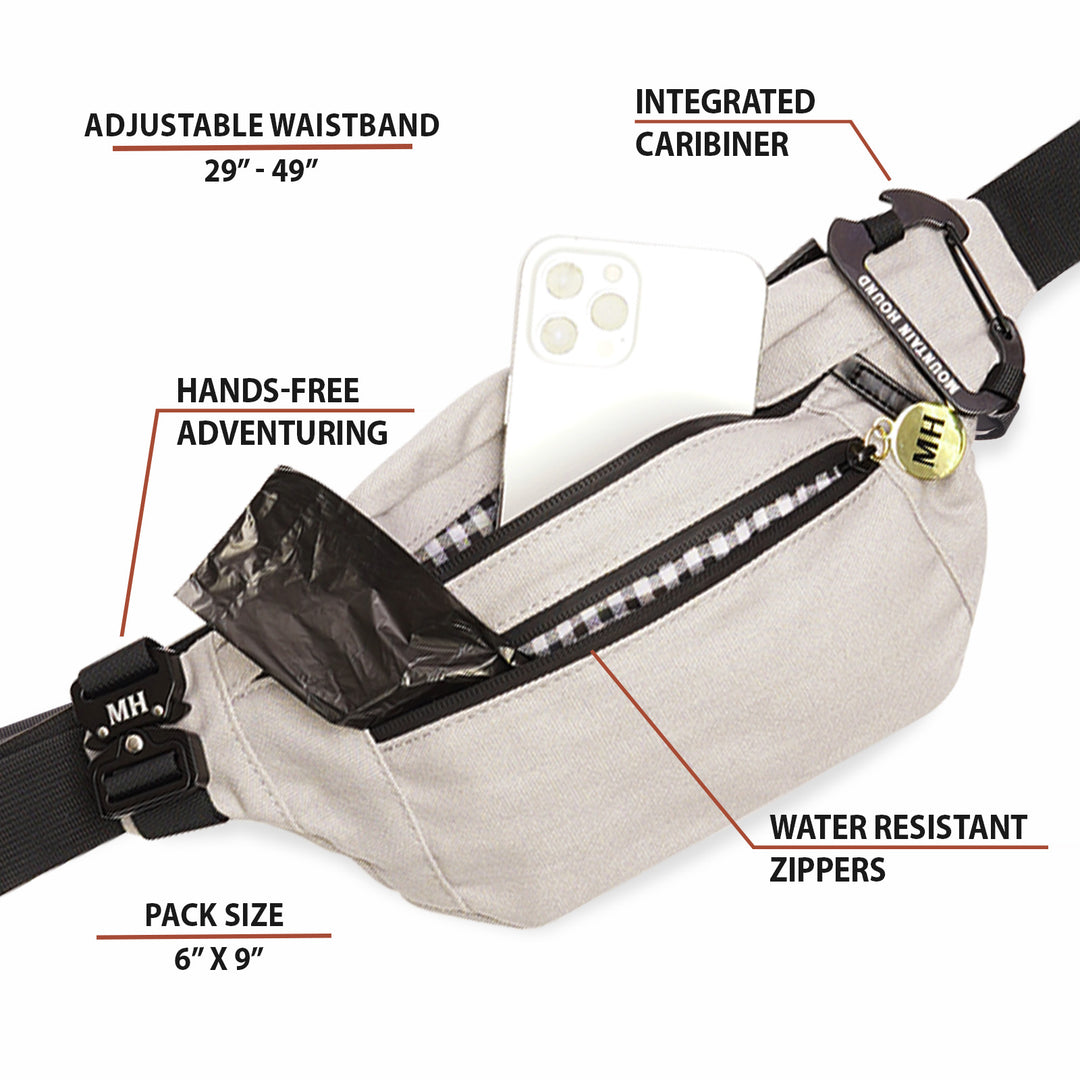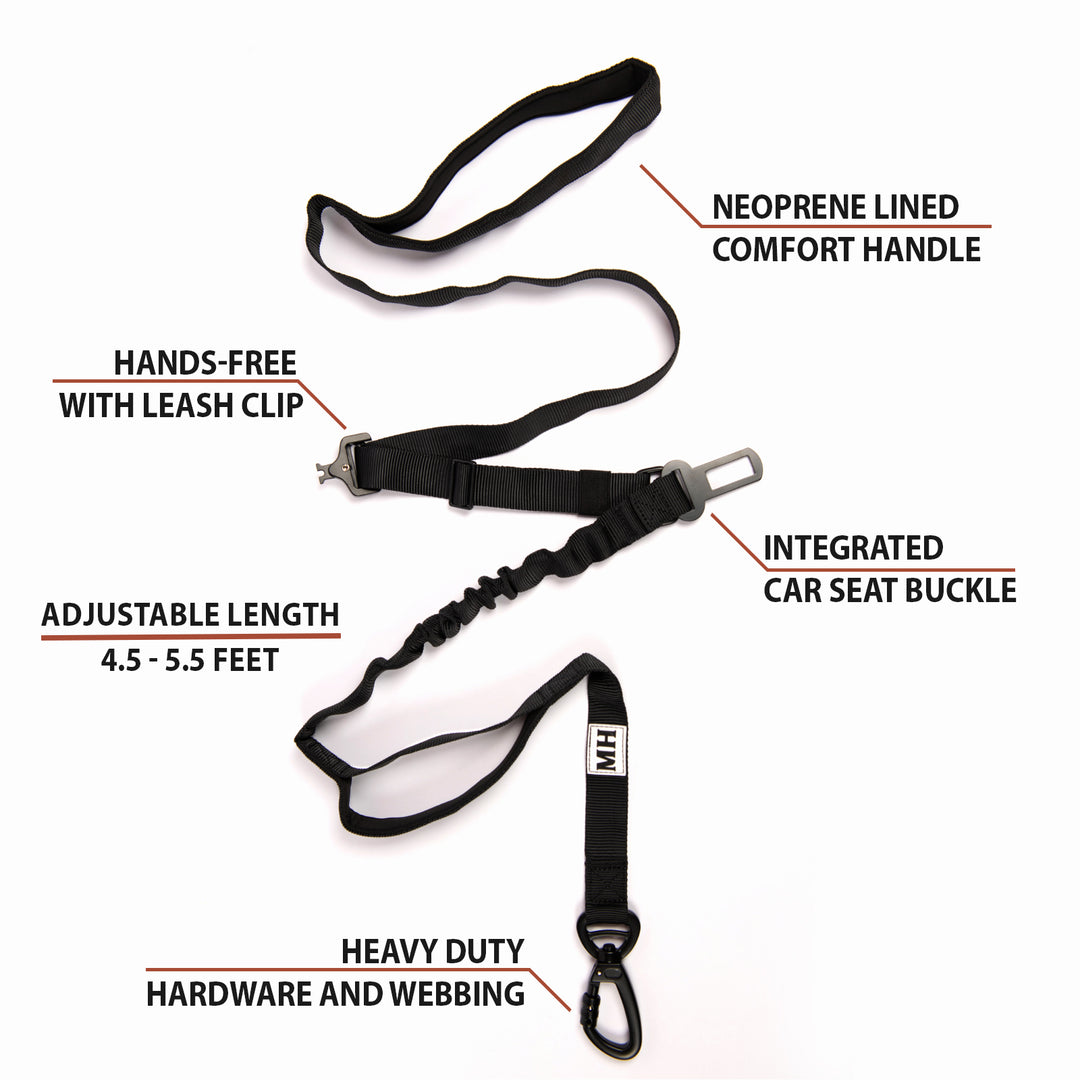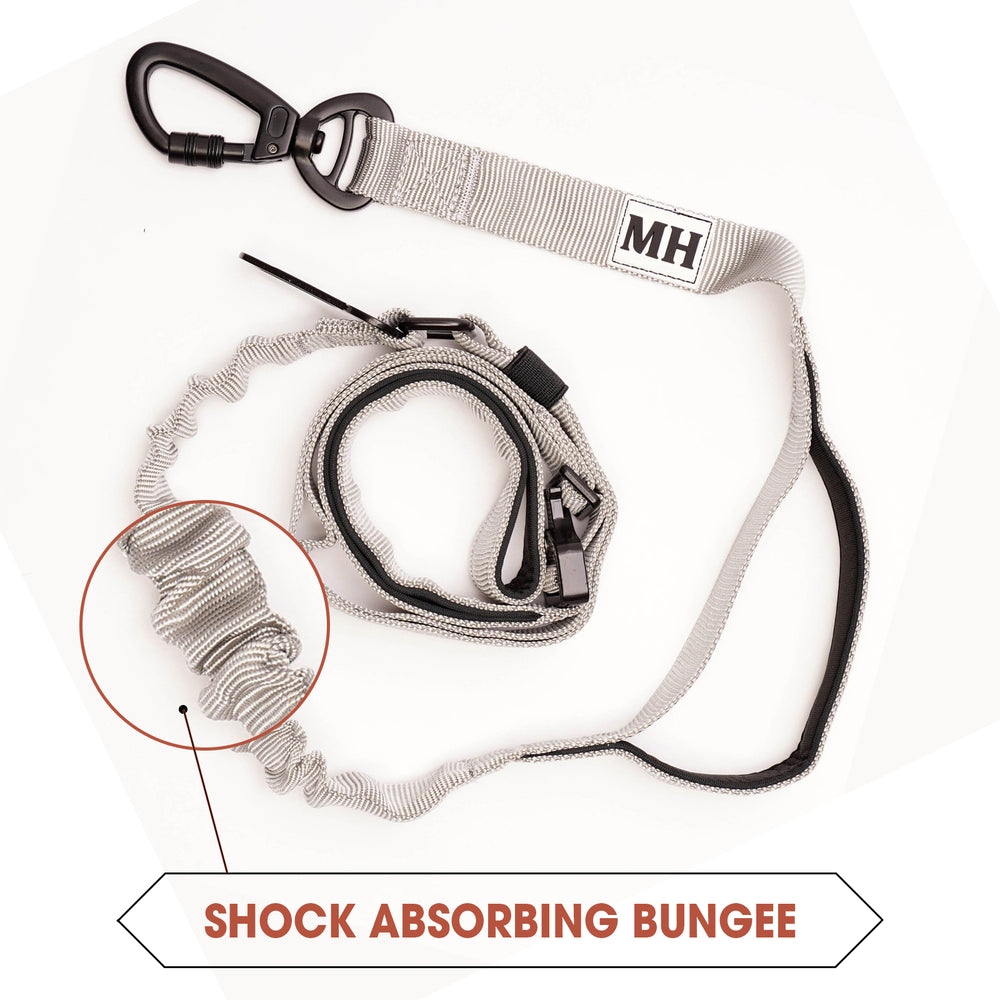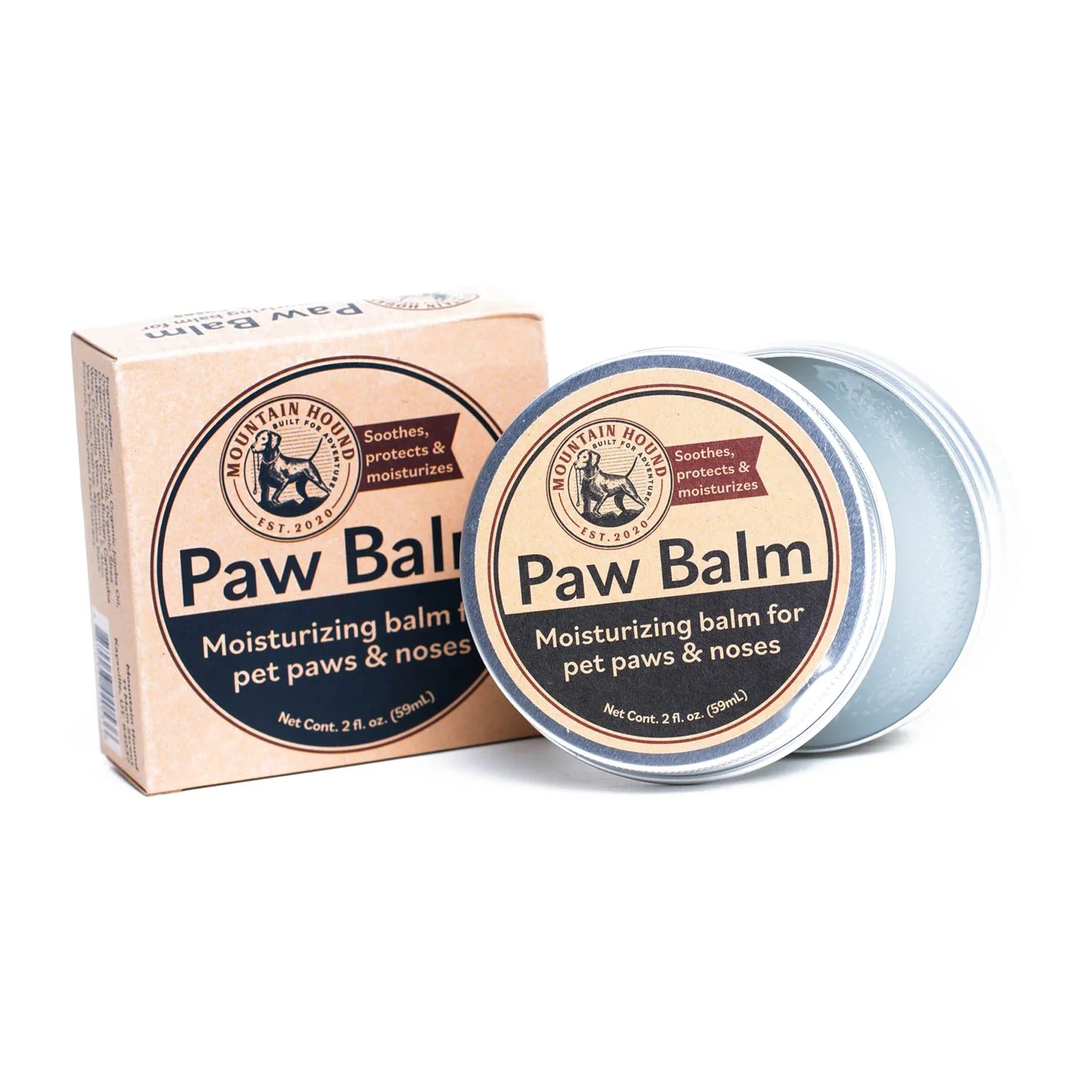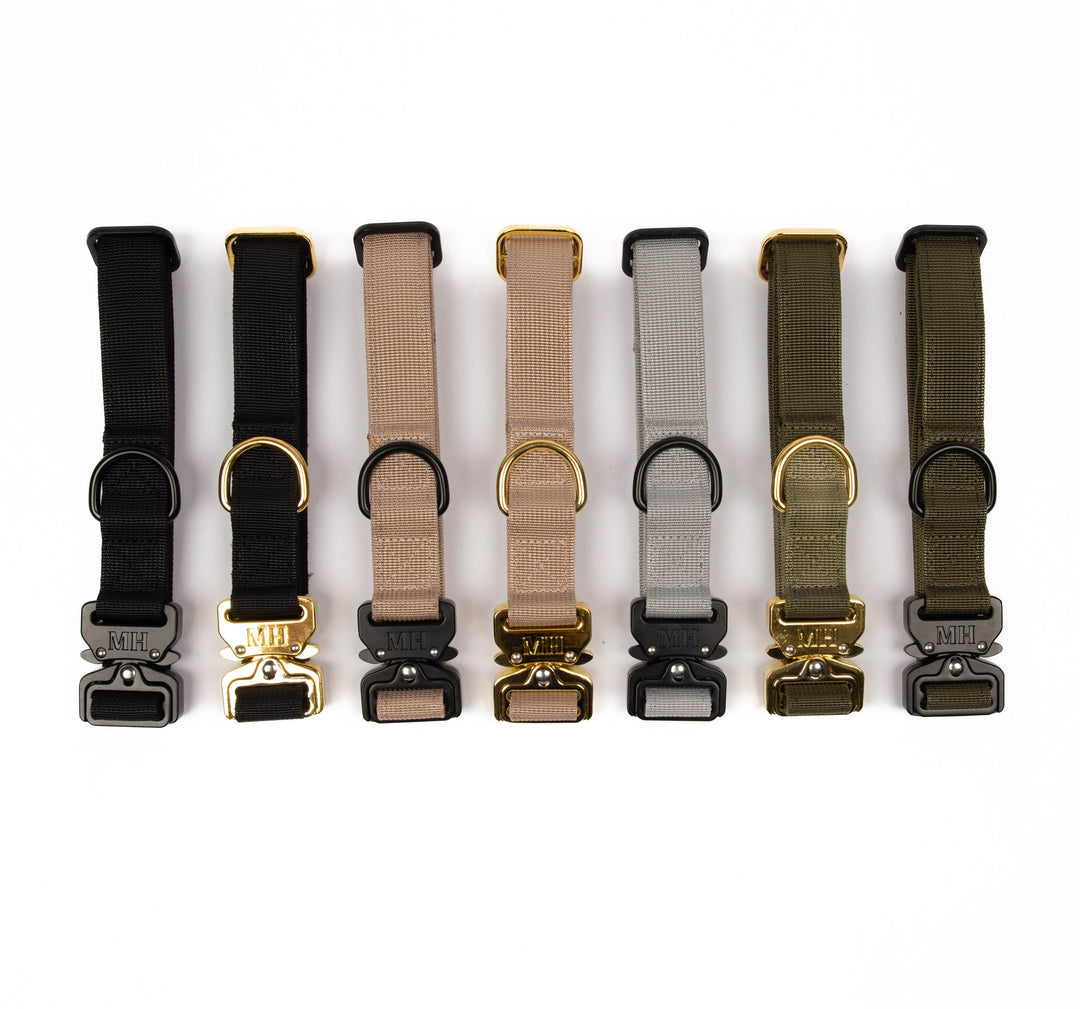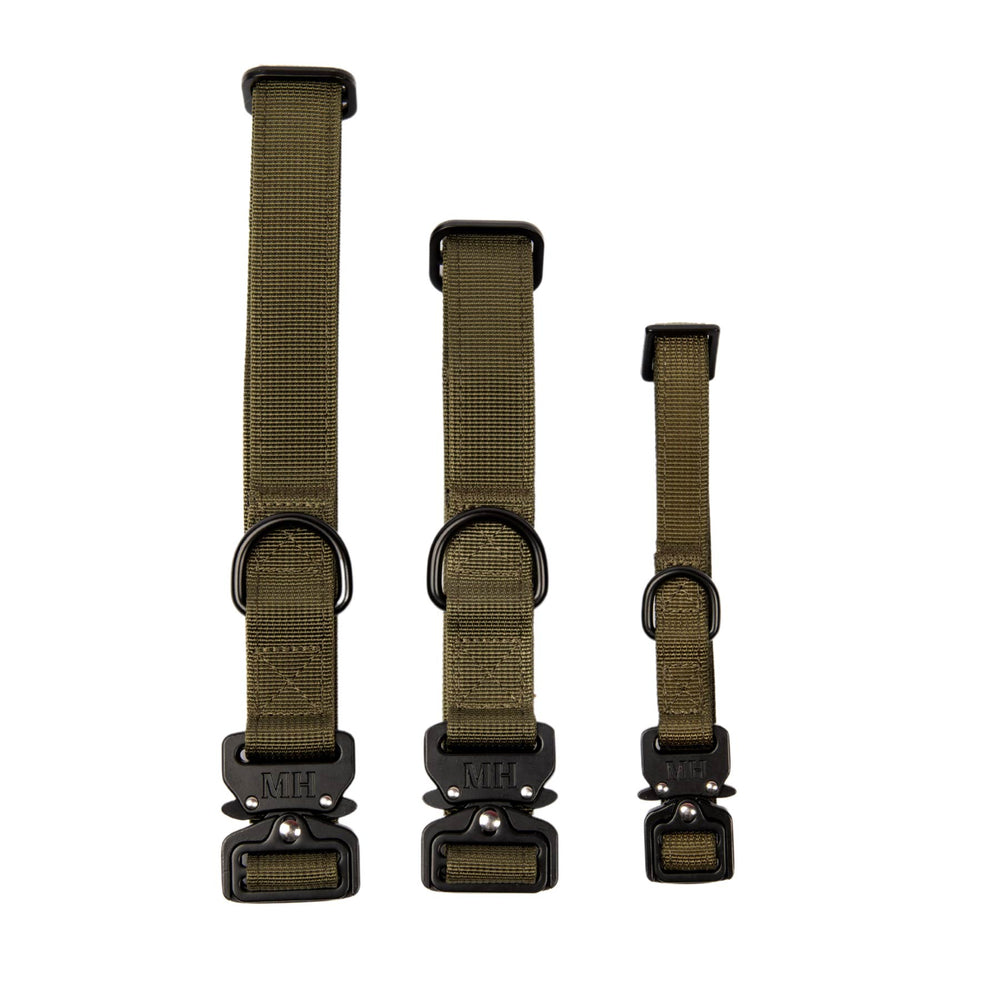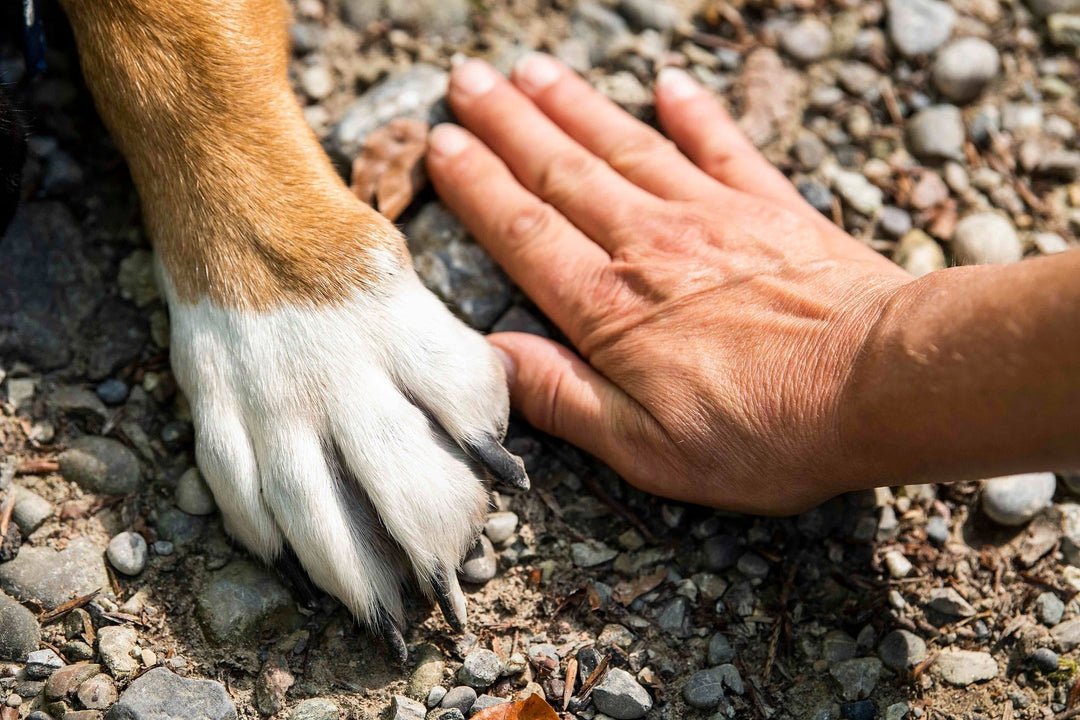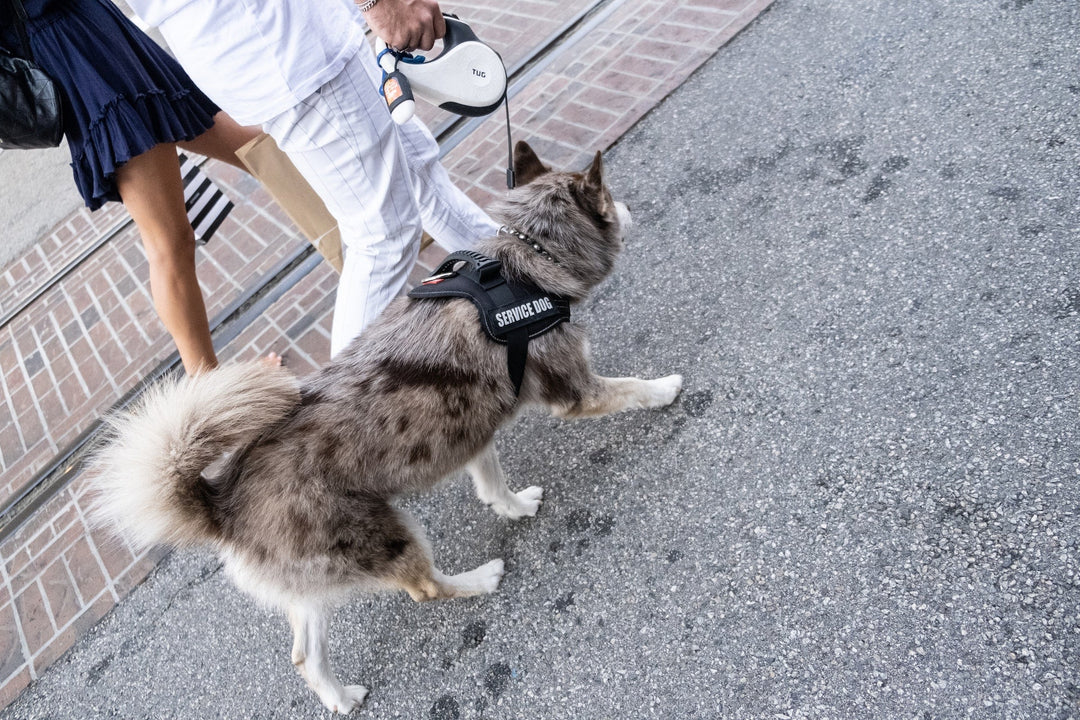Is Your Hound Losing Their Hearing?

So you've just spent 15 minutes hunting for Fido in the garden, yelling at the top of your lungs, to find that he's lounging on the sofa and appears to be blatantly ignoring you! Of course, this leaves you questioning whether he heard you in the first place; he must have, surely?
Hounds rely heavily on their sense of hearing, as it helps them communicate with us and navigate the world around them. But like humans, they're also susceptible to hearing loss which, when it occurs, can be concerning for pet parents. After all, it's not like you can invest in a pair of hearing aids for your dog! Or can you? Understanding the signs, causes, and treatments (including dog accessories like doggie hearing aids!) for hearing loss in your hound can help you provide the best care for your four-legged family member.
Signs of Hearing Loss in Hounds:
One of the most noticeable signs that your dog is losing their hearing is if they are not responding to sounds they used to react to. For example, if your dog no longer comes to you when you call their name, or they don't react to the doorbell or alert you to other noises, such as the mailman or pizza delivery guy; sadly, this could be a sign of hearing loss. Other indications of hearing loss include increased sleeping, irritability, and anxiety in the absence of other health issues.
Causes of Hearing Loss in Dogs:
There are several causes of hearing loss in dogs, with age being the most common. As dog's age, their hearing naturally deteriorates, just like in humans. However, other causes of hearing loss include ear infections, trauma, exposure to loud noises, genetics, and certain medications. Getting your dog checked by a veterinarian if you suspect hearing loss is essential.
Diagnosing Hearing Loss:
To diagnose hearing loss in dogs, veterinarians will perform a physical exam and use specialized tests. These tests include the BAER (Brainstem Auditory Evoked Response), which checks your dog's hearing by measuring how their ears and brain respond to sound. Other tests are also available to detect the degree of hearing loss and determine if it is temporary or permanent.
Treating Hearing Loss in Hounds:
Sadly, there isn't a cure for hearing loss in dogs, but some treatments and certain dog accessories like flashlights, specialized collars, or clickers can help improve their quality of life. Depending on your hound's underlying cause of hearing loss, your veterinarian may prescribe medication or perform surgery to treat a specific issue. However, in most cases, pet parents may have to adapt to their dog's hearing loss using hand signals or visual cues instead of verbal commands when dog training.
Preventing Hearing Loss:
Preventing hearing loss in dogs is not always possible, but there are some measures pet owners can take to minimize the risk. These include avoiding exposure to loud noises, regularly cleaning your dog's ears using the correct methods and dog accessories, and watching for signs of ear infections. It's also important to provide your dog with a nutritious diet that includes essential fatty acids and antioxidants which are known for helping reduce inflammation and protect against cellular damage.
Signs of an ear infection are:
- Ear scratching – ear infections are itchy
- Ear discharge
- Swelling around the ear/s
- Unpleasant odor from the ear
- Pain when head or ear is touched
- Holding their head to one side
When to Take Your Dog to the Vet:
If your hound shows any of the above signs, it's time to head off to the vet; the sooner you get an ear infection under control, the better chance your hound has of retaining their hearing. Unfortunately, persistent, untreated ear infections can lead to hearing loss. The vet will check the outer ear canal for signs of swelling and discharge, and if an ear infection is suspected, may prescribe pain-reducing medications such as steroids, medicated ear drops, or surgery in serious cases.
Conclusion:
In conclusion, hearing loss in dogs is a common issue pet owners should be aware of. Observing signs of hearing loss, taking preventative measures, and seeking veterinarian care as soon as possible is vital to maintaining your dog's quality of life. By understanding the causes and treatments of hearing loss in dogs, pet parents can ensure that their hounds receive the best care and enjoy a happy, healthy life filled with the joy of hearing!


